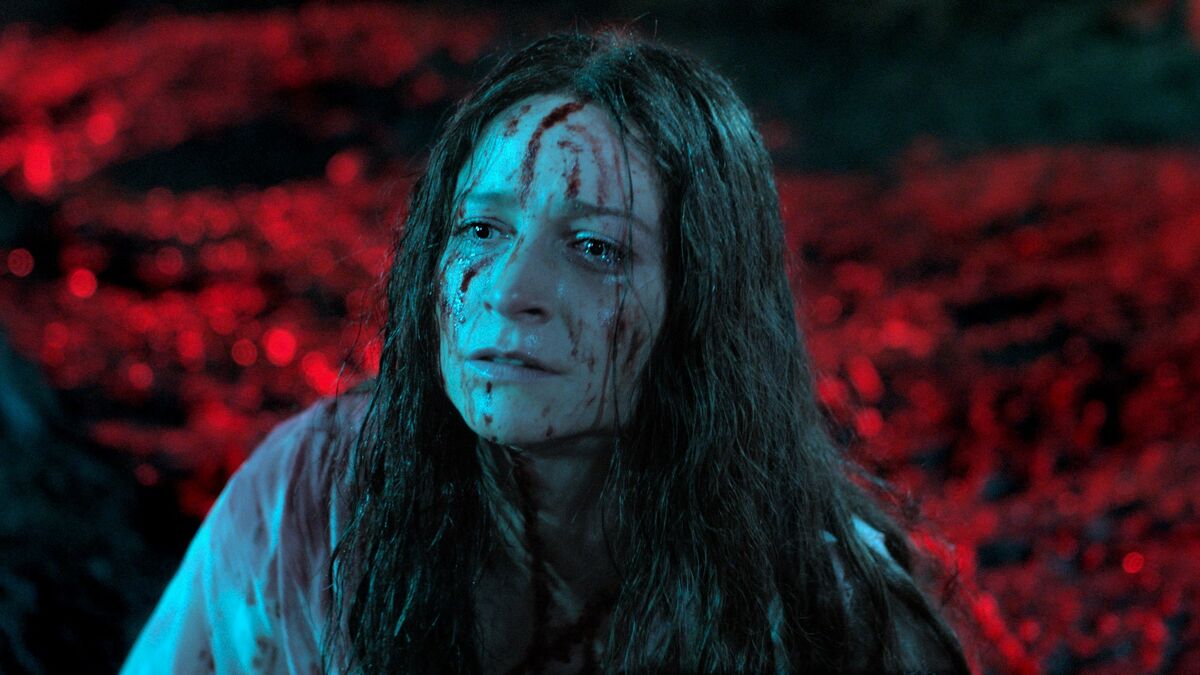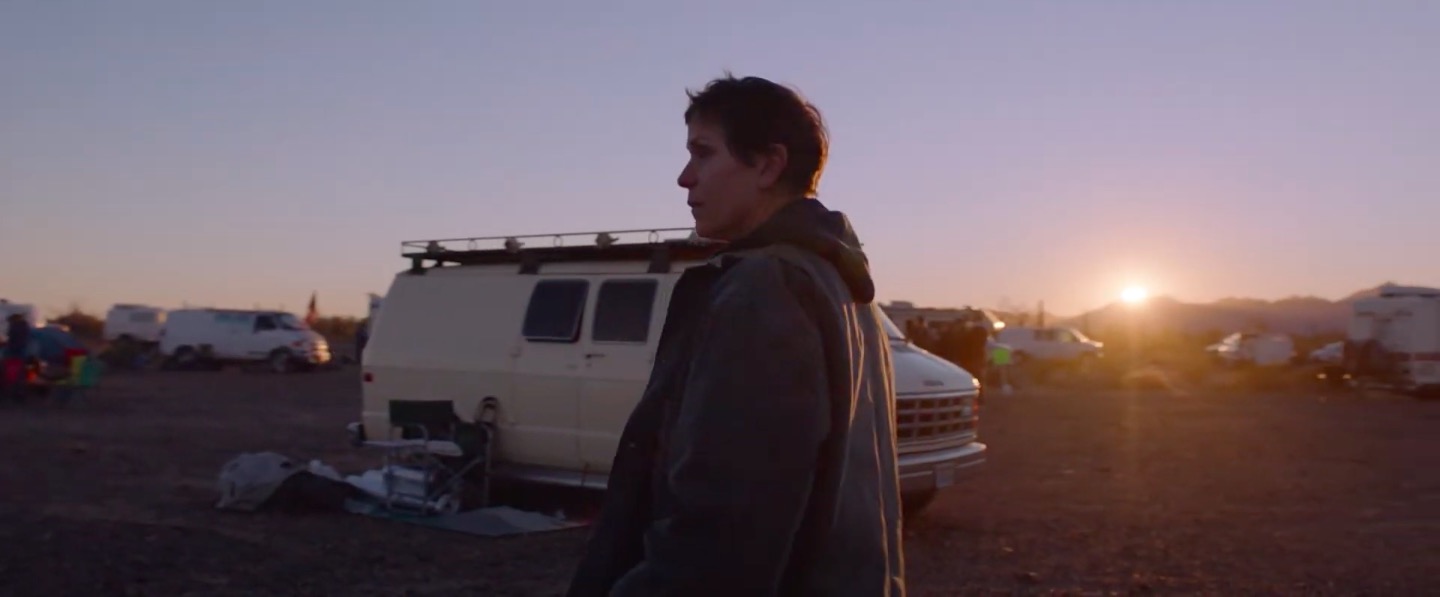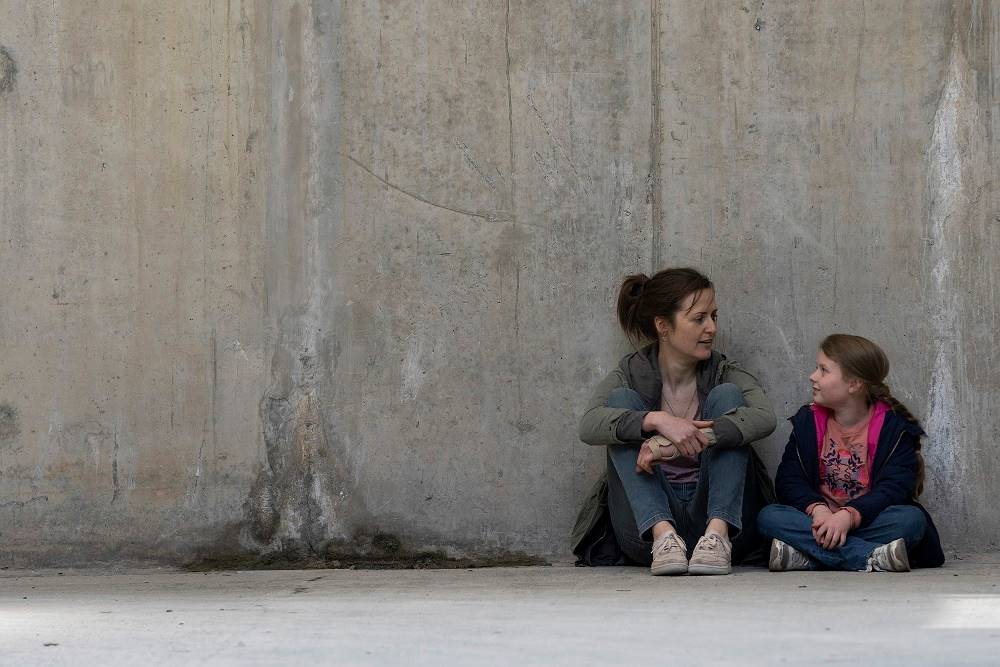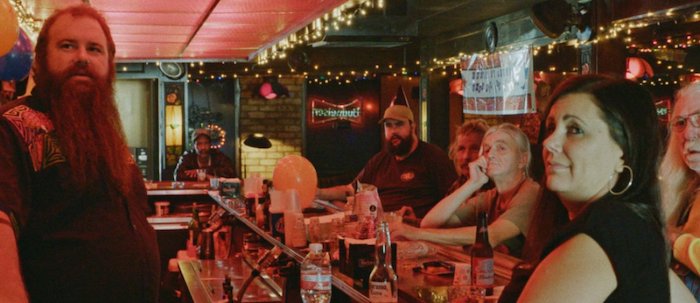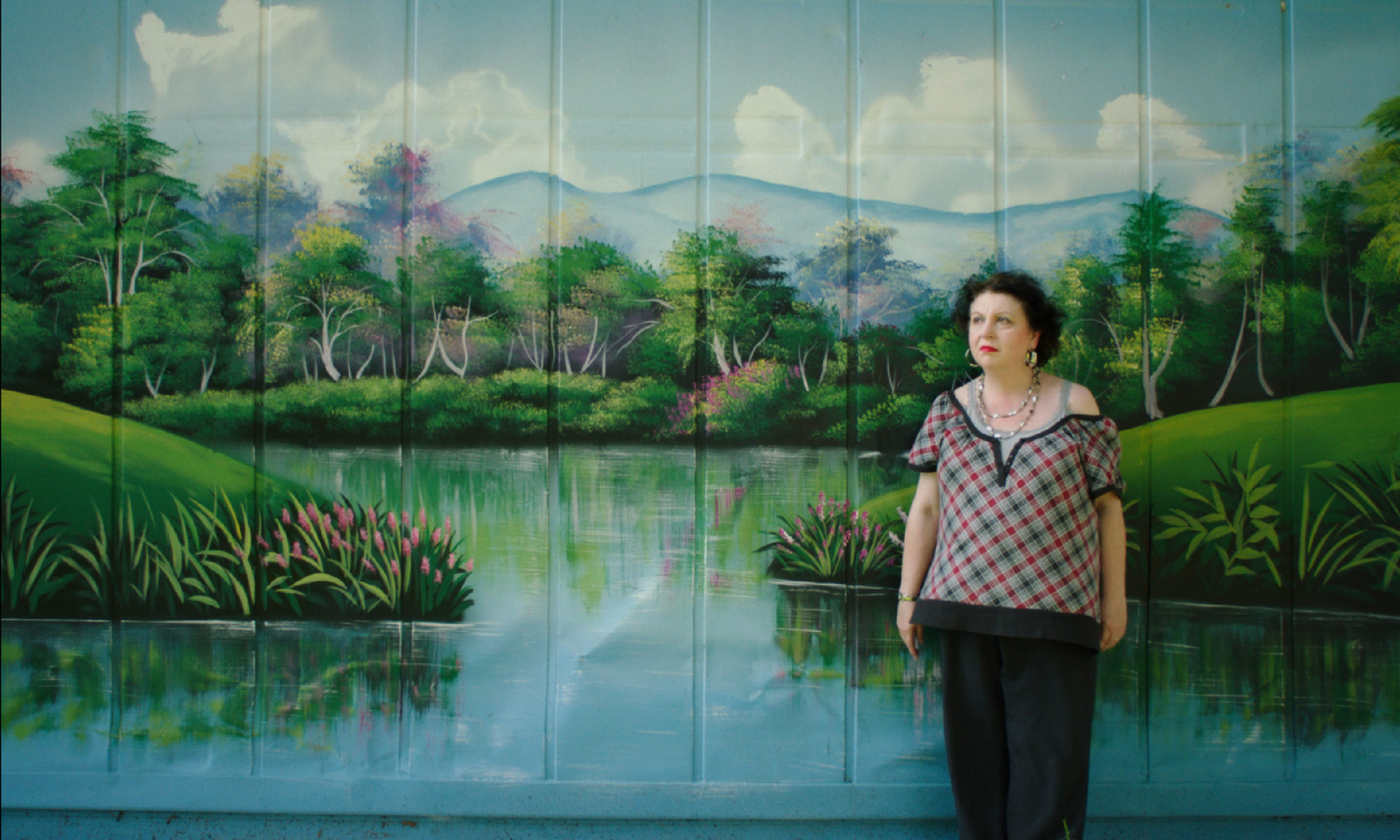A world premiere is always an exciting thing, and all the more so when it’s a midnight horror screening at the Sundance Film Festival. You can read my review of the throwback psychological-horror thriller Censor on The Arts Fuse.
Censor deftly explores the interplay of censorship, free expression, public morality, violence, sexism, insanity, human nature, and even the line between truth and beauty in art. (One key insight worth pondering: the more absurd and over-the-top the gore is, the more obviously fantastical it must be — and thus, paradoxically, the more acceptable.)
…
Thankfully, Bailey-Bond’s touchstone here is empathy, not prurient sadism. As we witness the effects of a toxic blend of images on Enid’s psyche as she confronts the world’s horror, we fear for her, but we feel for her as well. Most impressively, the director — one in a growing cohort of women directors intent on saving the horror genre from gratuitous sadism and its past gorification of misogyny — reminds us of what we should truly fear: the scariest thought imaginable is not to be the victim of a monster, but rather to become a monster oneself. (In this respect, Censor can actually be considered a direct descendant of a deeper horror tradition: tales of Dracula, the werewolf legend, and most pre-Walking Dead zombies were all terrifying not for what they might do to us, but for what they might make us do.)
This one is a bit of a departure from our normal “city in film” fare, but it was also a real scream — quite literally — with a lot to say about the interplay of media and society. Read the full review here.

